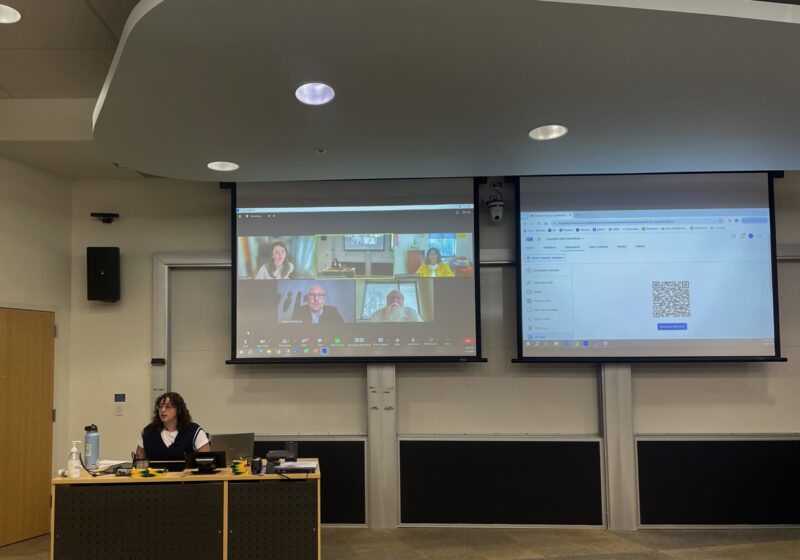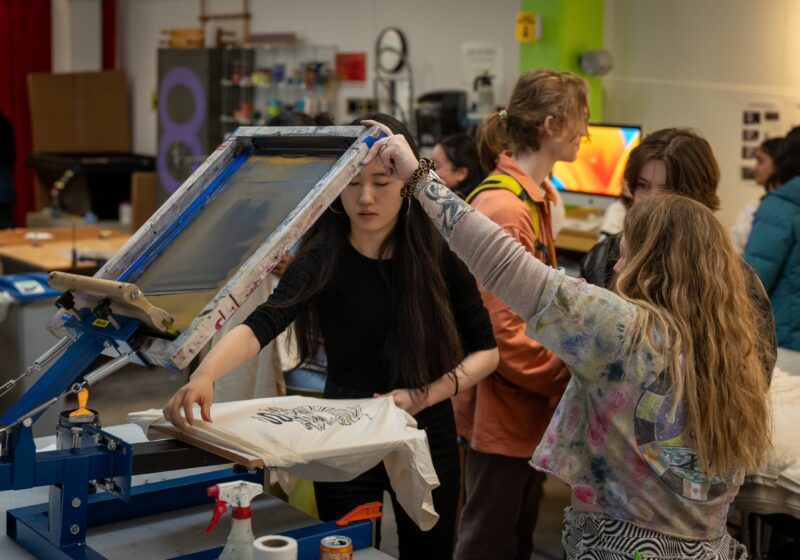The Students’ Association Senate voted on Monday against a proposal – 10 in favor and eight opposed – that would change the election by-laws so that all upper-class positions were filled during the spring semester, and only freshmen were elected during the fall semester.
“These issues were extensively discussed last year,” SA Senator and senior Tyson Ford said. “It is impossible to attain perfection here. We changed the election system last fall and spring, and now we need consistency for it to be effective.”
Ford also cited statistics showing increased competition and turnout in this fall’s elections. He additionally stated that the ability to run in the fall is important for individuals who may not be able to run in the spring.
“Last year’s decision was made so that we could finish our meeting,” SA Senator and sophomore Hannah Geswein said, referring to last year’s hurried decision, which was made with the sole intent of concluding the painfully long four-hour meeting.
“Our role is student advocacy, not providing more opportunities for students to run. There are trickle-down opportunities through committee chairs and cabinet appointments.”
Geswein also had some voting statistics, but no data was available from the voting system to show the breakdown of voters by class year.
The primary concern is that only freshmen would run in the fall elections, and consequentially, would skew the vote. However, this year, there were 10 candidates for three at-large seats – only one of whom was a freshman, who lost.
The original proposal had included a provision to change the breakdown of senators, increasing the number of class year representatives and decreasing the number of at-large senators.
However, SA Senator and Take Five Scholar Patrick Brennan had the motion split into two issues – first discussing the timing of elections and then a separate one for representation. After the failure of the first measure, the second one was not debated.
SA President and senior Matt Goldblatt encouraged senators to support the proposed change.
“The argument here is about efficiency over fairness of giving people opportunities,” Goldblatt said.
“Let the system work itself out,” SA Senator and junior Robert Cavanaugh said. “We haven’t even let a full election cycle play out yet. We don’t have enough data to measure its effectiveness.”
Some senators expressed frustration with the issue.
“Even if we find a more efficient method, we’ve wasted countless hours on this issue,” SA Senator and freshman Dan Strauss said. “The point of the Policy Committee is to make decisions in the best interest of the Senate. In the amount of time that has been wasted on this, we could have done something and instead we are being neutralized.”
Normally, by-law changes are discussed and brought to the senate through the Policy Committee. However, Geswein thought that this issue was important enough to be discussed by the full senate.
Two weeks ago, the Policy Committee held a by-laws summit to discuss the need for any potential changes.
The motion was ultimately rejected, lacking two votes of approval to meet the two-thirds by-law amendment requirement.
Additional reporting
by Jeff Keesing.
Whitman can be reached at
cwhitman@campustimes.org.





